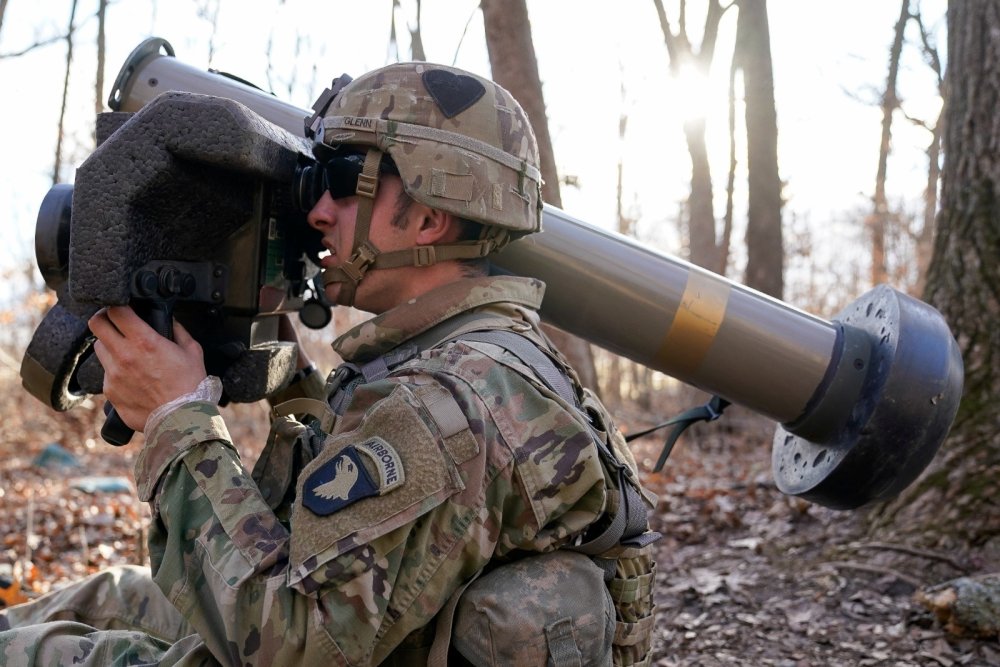The role of economics in America’s National Security Strategy (a document mandated by Congress upon the Executive branch in the 1980s) has undergone a remarkable, yet wholly unnoticed metamorphosis. An examination is long overdue to unmask this evolution and question its validity, and particularly so with U.S. troops now maintaining oil fields in Syria.
President Trump’s strategy document has four pillars. The first is a rather traditional ‘protecting the homeland,’ with border security being a new, added point. Pillar III, ‘advancing peace through strength,’ is hardly new. And Pillar IV, ‘advancing American influence,’ is similarly traditional. Pillar II, however, ‘promoting prosperity,’ is a purely economic goal, the likes of which has not been seen in years. Further, its subtitle, “Economic Security is National Security,” is a highly dubious claim.
Clearly, supply availabilities have always been a concern to military planners. A strong economy, however, was traditionally deemed an enabling mechanism to finance a war rather than a war goal. The concept of a defense industrial base, another enabling mechanism (and one noted in the Trump strategy), became more prominent in the U.S. in the post-World War I period and demonstrably clear after World War II because it was America’s ‘arsenal of democracy’ which had propelled the Allies to victory. But it was the Arab oil embargo of October 1973 – deemed the cause of oil shortages, inflation, and recession – that launched the economic component toward morphing into a desired goal in itself. When oil prices spiked again after the 1979 Iranian revolution, Jimmy Carter subsequently announced that any attempt to control the Persian Gulf would be addressed by all means necessary. In March 1980, the Rapid Deployment Joint Task Force, the precursor to the U.S. Central Command, was activated.
The 1980s security strategy documents focused on the Cold War, with Reagan’s 1988 document noting “America's economic strength sustains our other elements of power,” a clear designation of economics as a war-supporting mechanism. George H.W. Bush’s 1991 strategy broadened the definition of national security, with a concerted effort to expand the concept to include economic health.
The leap from ‘enabling mechanism’ to ‘goal,’ however, became most prominent under Bill Clinton. Clinton hardly considered a ‘hawk,’ nonetheless specifically included the purely economic goal of “maintaining the free flow of oil at reasonable prices” in his 1997 National Security Strategy. Remarkably, in addition to oil access, Clinton wanted oil at unspoken price parameters as well! In his subsequent 2000 document Clinton, like Trump, listed the "economic well-being of our society" as a vital national interest, concluding, "We will do what we must to defend these interests…using our military might unilaterally and decisively." In short, the U.S. was willing to kill-- as well as raise our own body count-- in order to advance our economic situation. Perhaps surprisingly, Trump’s national security wording is hardly as bellicose, but nonetheless sounds very Clintonesque.
Japan's biggest heist, the still-unsolved "300 million yen robbery", is carried out in Tokyo.
Mississippi becomes the 20th U.S. state.
Further, Trump’s strategy contains a very dubious assertion, namely, that “economic security is national security.” This is hardly the case. First, what exactly does ‘economic security’ mean? Alas, it is a loosely-defined expression ranging from FDR’s “a chicken in every pot” to affordable gas at every pump--whatever ‘affordable’ means. Economic security implies some minimal level of material welfare, while national security has historically meant defending domestic borders (Trump’s first pillar) and assisting allies. National security often implies clearly demarcated red lines, such as the launch of missiles from Cuba or Soviet troops crossing the Fulda Gap. There are no such red lines in the mushy economic security concept. Accordingly, despite the Trump NSS assertion, economic security differs from national security, as regularly demonstrated by perennial fiscal fights over whether the military should be better funded for its national security mandate or should social welfare programs enhancing economic security get priority.
Additionally, while prosperity makes war-financing easier, neither the Russian nor Chinese peoples have significant ‘economic security’ (however defined), but they do have very formidable militaries. Indeed, President Trump himself correctly views an impoverished North Korea as a threat. Conversely, a rather wealthy, economically secure Kuwait was quickly victimized by a poorer, but well-armed Iraq.
Very importantly, adding economic goals to military planning complicates that effort and dilutes defense resources from core missions. The U.S. military will be very, very busy when price hikes and supply disruptions – of oil, semiconductors, rare earths, or other ‘critical’ resources – occur, as they inevitably will. Further, as Berger and Eaglen have recently noted, the current U.S. strategy contains a serious mismatch between taskings and funding. America’s military, already over-stretched, will become ever more so if achieving economic goals is added to its ‘to-do’ list.
Similarly, and perhaps of greater importance, the addition of economic goals shifts the moral foundations of national security onto very shaky grounds. Should military force really be used to attain an ill-defined economic security? Should blood be spilled to promote prosperity? There are alternative, non-violent means, like monetary and fiscal policies, strategic reserves, appropriate domestic pricing, and improved trade arrangements. When Japan attacked its Pacific neighbors to form a 'co-prosperity sphere,' and Nazi Germany justified aggression in the name of ‘living space’ (Lebensraum), the world was appalled. Accordingly, in addition to over-tasking America’s military, the elevation of economics from a supporting role to that of a war aim is morally very questionable.
Donald L. Losman, Ph.D., recently retired from the George Washington University, spent 37 years in professional military education.
This article originally appeared at Real Clear Defense.

No comments:
Post a Comment